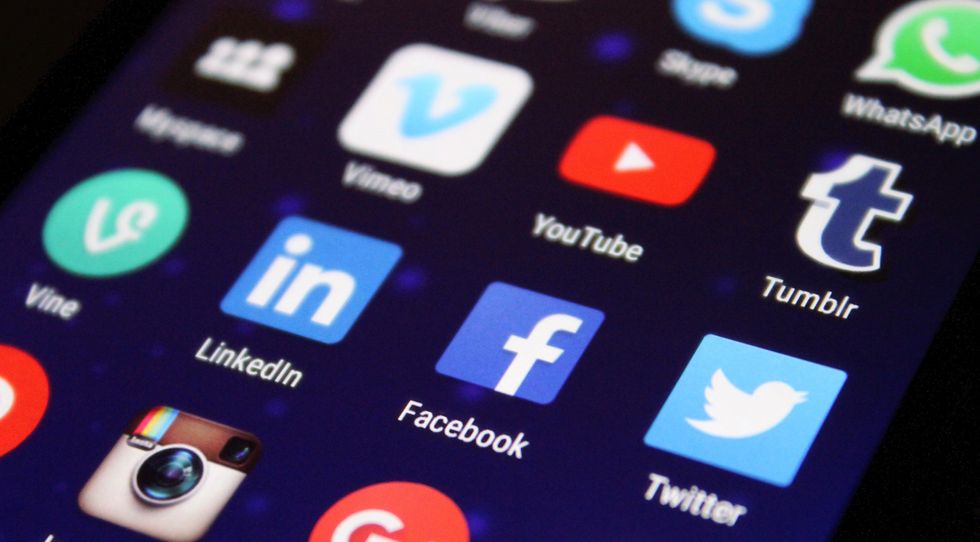For the past several years social media has served as a platform for free speech that allows people to express thoughts and ideas that would otherwise go unheard to large audiences that may be countries away.
One of the most powerful parts of social media is that it allows social issues to come to the forefront of people's minds. Some days you can't go on Twitter without your feed being full of the most recent political scandals, stands from democrats and republicans blatantly clear in the 280 characters they have to make their argument.
However, social media has also created a fast-paced world of quick news as people bounce ideas off one another. While one day you may only be reading about Brett Kavanaugh, the next day your Twitter feed is probably just the usual memes again, or perhaps the next political problem.
Social media's connection to politics is powerful, but its hamartia is that popular topics shift so quickly that important issues that are relevant one day are all but forgotten the next day. However, just because social media has stopped discussing the issue does not mean the issue has disappeared. Social problems, even when we don't think about them, are still affecting millions of people every single day. Sometimes we just don't think about the issues unless they directly affect us.
Remember the outcry for gun control from the Parkland shooting survivors? Or the outrage at Trump and his administration for separating families at the border? Or the obsession with ridding the world of straws to save the sea turtles?
Social media allowed for these social issues to blow up and gain attention, even leading to social action. But these issues have now lost their traction even though they're still ongoing.
It's crucial that social media continues to be a place where voices can be heard regarding social problems, but social media also needs to be a place where these conversations continue until social change is truly achieved.




 Energetic dance performance under the spotlight.
Energetic dance performance under the spotlight. Taylor Swift in a purple coat, captivating the crowd on stage.
Taylor Swift in a purple coat, captivating the crowd on stage. Taylor Swift shines on stage in a sparkling outfit and boots.
Taylor Swift shines on stage in a sparkling outfit and boots. Taylor Swift and Phoebe Bridgers sharing a joyful duet on stage.
Taylor Swift and Phoebe Bridgers sharing a joyful duet on stage.













